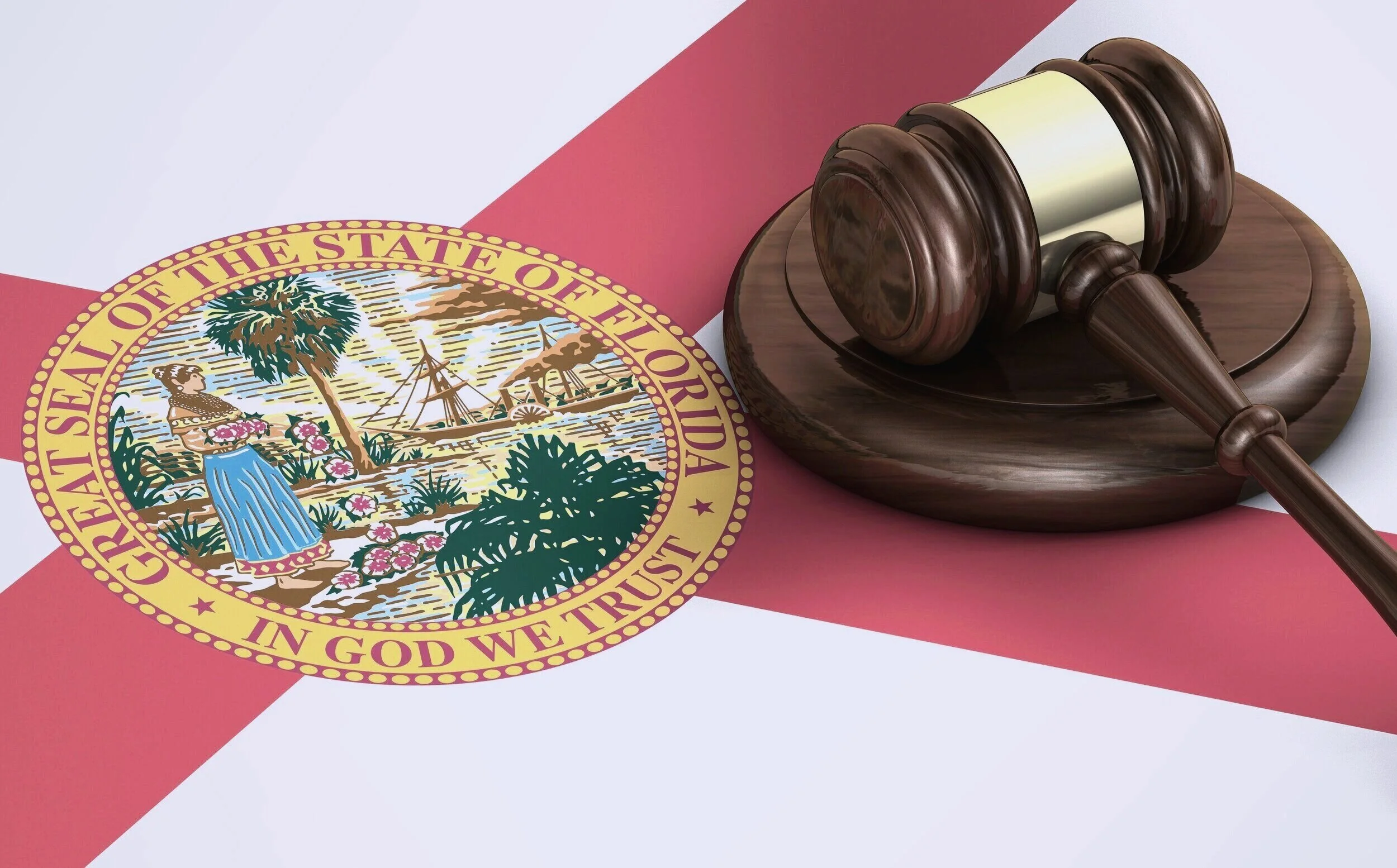5 things you need to know about your Claim of Lien
/Florida's lien laws apply to the construction related improvements of most real estate properties. This includes most commercial and residential construction. In the event of nonpayment, one of the most important tools any contractor has is the ability to enforce a claim for payment through Florida’s lien laws. Here are five things you should know about filing a Claim of Lien:
1. A notarized Claim of Lien may be recorded at any time during the progress of the work, but must be recorded no later than ninety (90) days of last providing construction related labor, services, equipment or materials at a project. The 90 day deadline cannot be extended. It is recorded at the County Recorders Office in the county where the project is located. The Claim of Lien must also be served on the owner and all other proper parties within 15 days of recording.
2. Prior to filing a Claim of Lien, a lienor who does not have a direct contract with the owner, must serve the owner a Notice to Owner in order to have lien rights on a particular project. A notice to owner notifies the property owner that you have been contracted by a party other than the property owner to provide services and/or materials to his or her property. The Notice to Owner puts the property owner on notice that failure to make sure that you are paid for services and/or materials provided could result in a lien being filed against the property and his or her having to pay twice for the same services and/or materials. The Notice to Owner must state the lienor's name and address, a description of the real property and the nature of the services or materials being furnished. The Notice to Owner must be served before commencing, or within 45 days of commencing, to furnish the services or materials. The 45 day deadline cannot be extended. If the lienor provides specially fabricated materials, then the first day is the day when fabrication began.
3. A Claim of Lien can only be signed by the lienor or its attorney.
4. A Claim of Lien automatically expires one year after it was recorded unless:
a) you have filed a lawsuit to foreclose on the Claim of Lien in a court of competent jurisdiction before the one year expiration date.
b) the owner records a Notice of Contest of Lien shortening the one year to 60 days from the date of recording of the Notice of Contest of Lien
c) the owner files an action in Circuit Court and the clerk issues a twenty day summons to show cause which shortens the one year to twenty days from the date of service of the summons
5. A lien can only extend to the right, title, and interest of the person who contracts for the improvements to the property. As such, the following rules apply:
a) Tenant Build-outs (Leaseholds): when an improvement is made by a lessee in accordance with an agreement between such lessee and the lessor, the lien will extend to the interest of the lessor. But where the lease expressly provides that the interest of the lessor will not be subject to liens for improvements made by the lessee (commonly referred to as a Notice of Prohibition of Liens), the lessee is under an obligation to notify the contractor of such provision in the lease. If the lease contemplates improvements, the lessor's interest is subject to a lien unless the lessor records the necessary disclaimer.
b) Property owned by husband and wife: when the contract for improving real property is made with a husband or wife who is not separated and living apart from his or her spouse and the property is owned by one or both, the spouse who contracts is be deemed to be the agent of the other to the extent of subjecting the right, title, or interest of the other in said property to liens unless the other spouse, within 10 days after learning of such contract, gives the contractor and records in the clerk's office, notice of his or her objection thereto.
c) Public Property: property owned by a local governmental entity, a county school board, a state agency (including colleges and universities) or the federal government is not lienable. However, any contractor entering into a formal contract with any public authority for construction improvements to public land is required to execute, deliver to the public owner, and record in the public records of the county where the improvement is located, an Unconditional Payment Bond with a surety insurer authorized to do business in this state as surety. An Unconditional Payment Bond serves as security against nonpayment.
